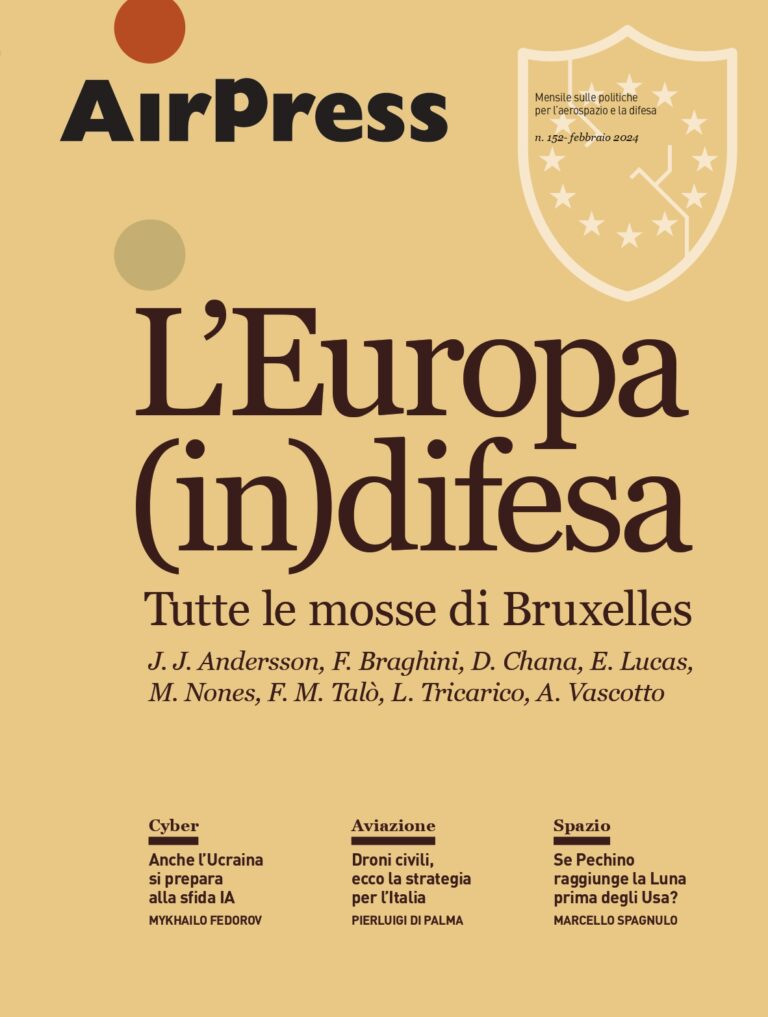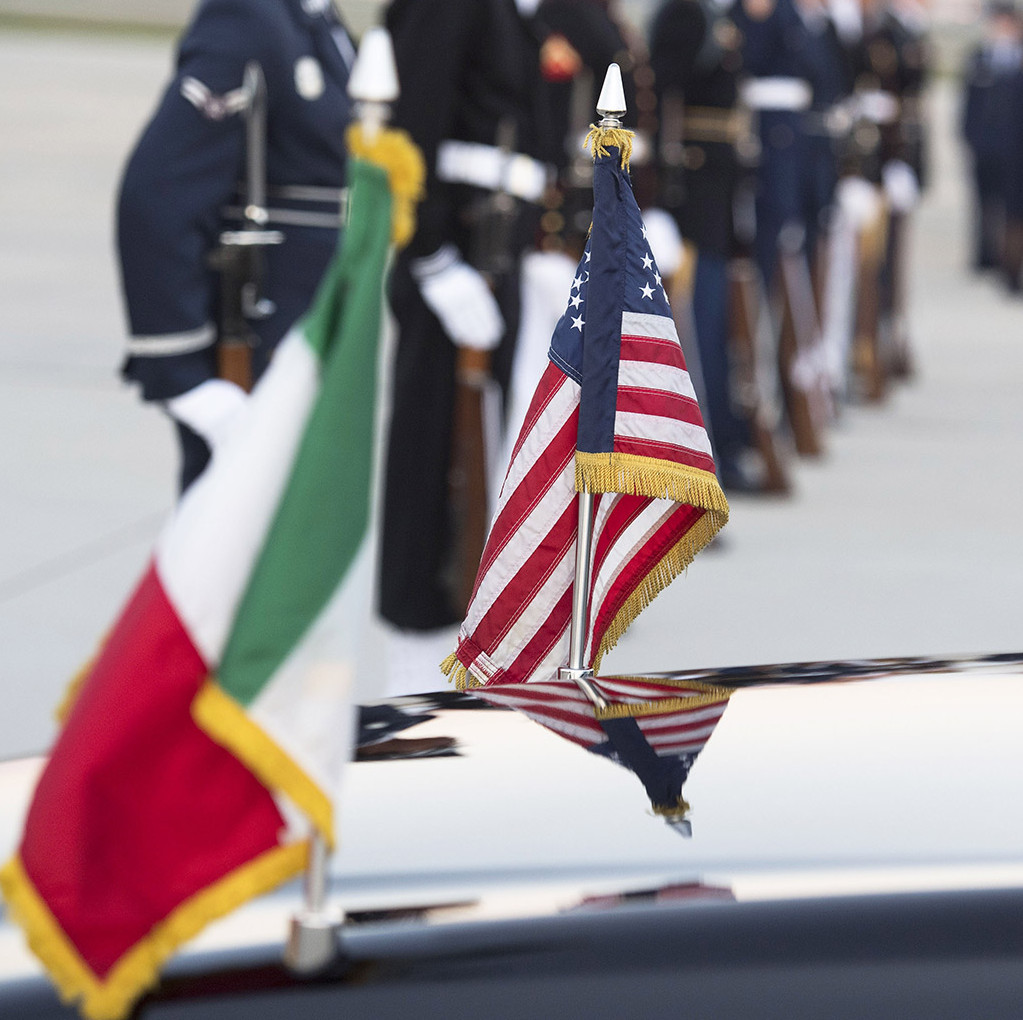We take a look at the impact of the US elections outcome on Italy in terms of security, trade, global policies and alliances.
Major Italian news websites sport a progress bar to track the state of the US election race, not unlike their American counterparts. Italy’s watching the race closely; but what is in store for it?
First off, the Italian government is likely to suffer little to no repercussions. PM Giuseppe Conte is in good terms with incumbent US President Donald Trump, but the second-biggest party in his government coalition, the Democrats, share a great deal of policies and ideals with their American counterparts; either way, Mr Conte will be fine.
But Ian Bremmer, president of the think tank Eurasia Group, warned that this is also due to Italy not being a leading geopolitical actor anymore. “France has replaced it in this role. The Libya case leaves no doubt.”
“The special relation between Italy and the US is independent from whoever will become the next president,” said the Democratic defence minister Lorenzo Guerini on Wednesday morning. But, more revealingly, he had previously quipped that he sided with the “deep state.”
“Presidents change, the apparatuses remain,” explained expert analyst Aldo Giannuli, arguing that the checks and balances system – intelligence services, Department of State, etc. – maintains some degree of foreign policy continuity regardless of who’s elected.
Mr Bremmer noted that if Joe Biden wins the White House, that “deep state” is set to return on its tracks, steering away from the wavering Trump era and rekindling its dormant Atlanticism.
The US’ foreign policy strategy would shift in tones, but not in substance, argued the expert. China and Russia will still be the biggest threats, and allies will be expected to collaborate, although Mr Biden would certainly coordinate more with them and leave more space for diplomacy.
This in turn would aid Mr Biden’s plan to “end [the] artificial trade war with Europe” and heal that relationship, hurt by Mr Trump’s $7.5 bn imposition of tariffs (which was masterfully dodged by Italy).
Brookings Institute researchers Giovanna De Maio and Caroline Klaff argued in their paper that a second Trump term would probably bring about more tariffs, some of which – on cars and auto parts, for instance – could hit Italy viciously.
Other goods could be targeted, perhaps in retaliation to digital services tax being pondered by EU member states. By contrast, Mr Biden is more aligned with the EU in pursuing big tech regulation and taxation.
A Biden administration would also see eye to eye with the EU in terms of climate change policies, argue the researchers. Italy, the next chairman of the G20 and co-chairman of COP26, has promised that the issue is at the top if its agenda. Mr Trump, on the other hand, would keep his focus on fossil fuel and would likely continue to disregard climate science.
Security-wise, Mr Biden has vowed to “prioritize the restoration of American leadership and trust between transatlantic allies and focus on coordination in the security domain, with special attention to NATO,” according to the Brookings paper.
If Mr Trump wins, he is likely to preserve his allergy to multilateral tables, including NATO. This would mean less US involvement in key areas such as Libya (where the Trump administration has operated intermittently at best), with disheartening effects for US allies engaged in such theatres.
The past four years have prompted Europeans to reconsider their dependence on the US. In line with the Germans, the Italian minister for European affairs Enzo Amendola called for continuing to develop the Old Continent’s strategic autonomy, regardless of the elections outcome.
“The Trump presidency played on unilateralism of international relations. I don’t know how much that choice has reinforced the US’ role in the world,” said the minister, adding that building Europe’s own strategy doesn’t mean renouncing the Atlantic Alliance.







